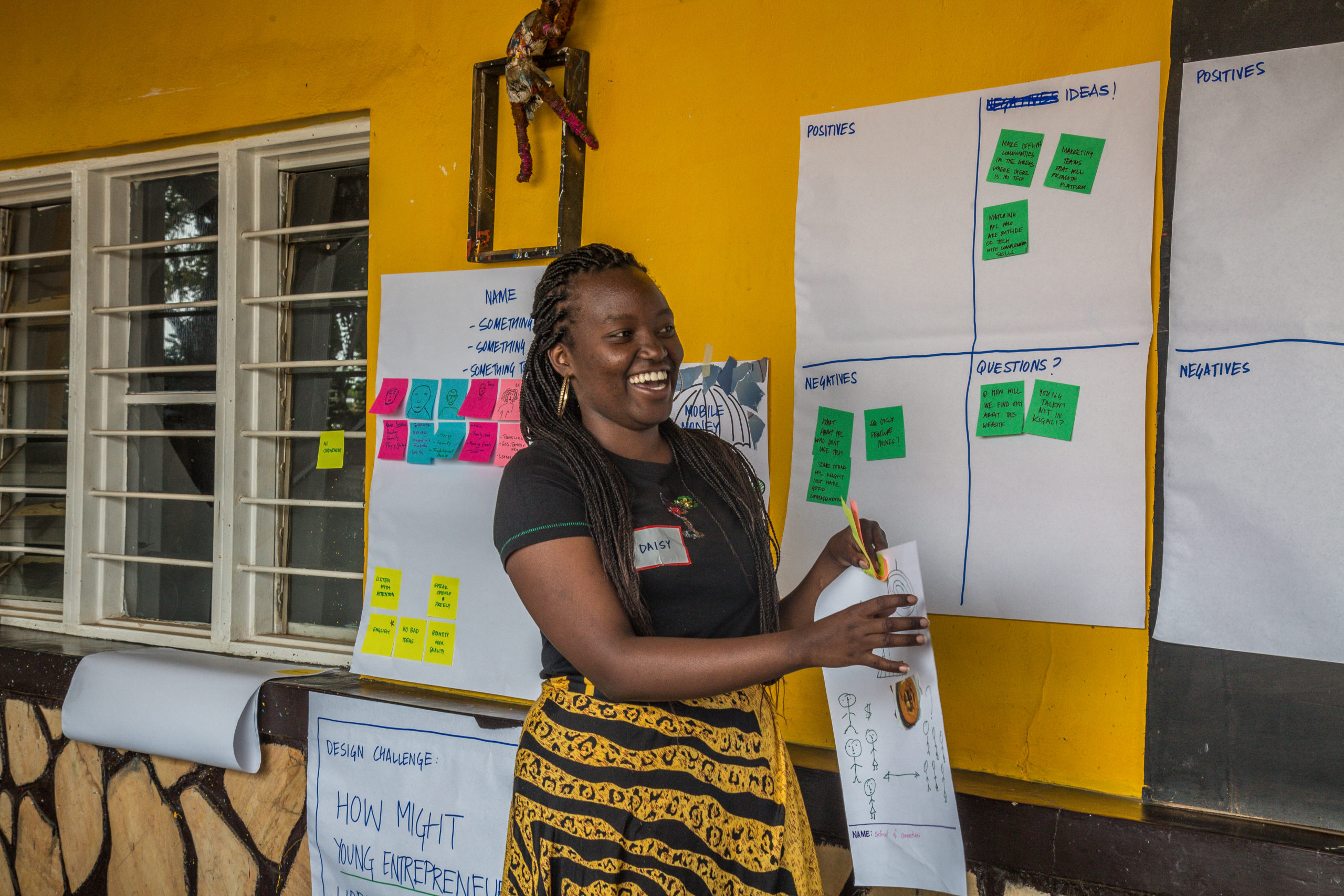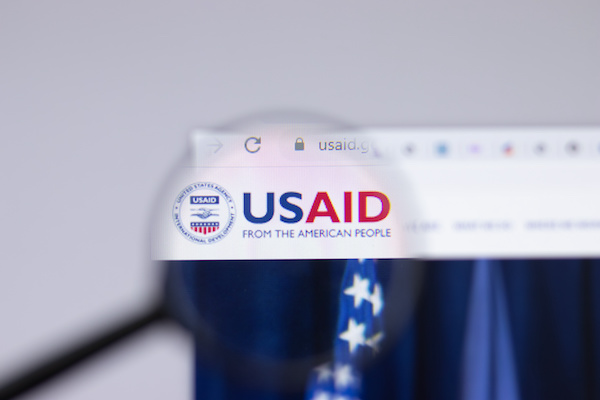Recommended

REPORTS
We’ve long been big fans of using evaluations and evidence to inform development policy and programming. CGD recently convened a working group of policymakers and experts from over 20 countries to reflect on progress in measuring development impact and chart an agenda to enhance the policy value and use of evidence, with a focus on impact evaluation. Recommendations in the working group’s final report underscored the value of locally immersed researchers leading on evidence production—with the goal of generating evidence that is more relevant and likely to be used to inform policies and programs. So we’re excited about USAID’s new Evidence Localization Initiative. Even amid growing attention focused on advancing locally led development, evaluation and evidence are often left out of the conversation.
But under a new Memorandum of Understanding, USAID, the William and Flora Hewlett Foundation, and CGD plan to partner in exploring locally led evaluation and evidence generation approaches, with an initial focus in sub-Saharan Africa. An opportunity to advance evidence-informed policymaking and locally led development, this collaborative endeavor will seek to engage an array of African-led organizations and complement related efforts and opportunities in the evidence-informed policymaking space.
Why it matters?
This effort builds directly on the recommendations of CGD’s working group, which benefited immensely from members’ collective knowledge of policy processes and incentives, evaluation studies, and evidence resources.
A key message from the working group is that evidence is more relevant for policy and programming—and more likely to be used to make decisions in both areas—if it is produced and led by locally immersed researchers and organizations. Opportunities of this kind are on the rise, but to date, flexible, longer-term funding to support these efforts is still limited. To hear working group members and others describe the value of locally immersed evaluation and evidence in their own words, listen here and here.
What’s the collaboration building towards?
This partnership establishes a collaborative process to jointly translate shared priorities into practice by elevating existing local expertise and collaboration with local partners, helping increase the quality and use of locally immersed evaluations, including impact evaluations, alongside related research in partner countries. The Evidence Localization Initiative, a specific action under USAID’s Locally Led Development Initiative, will seek to foster partnerships with local institutions, including African think tanks and research organizations and regional evidence networks, with the overarching goal of streamlining services for USAID country offices to commission locally led program evaluations and meet learning and evidence needs.
As outlined in our CGD brief, the ultimate goal of the working group’s recommendation is greater support for research entities in partner countries to conduct evaluations and broader evidence-related activities that can inform policy and practice. The working group envisioned these efforts as helping shift agenda-setting power and resources to those who best understand, and can respond to, decision-making needs in different contexts. In turn, this could help unlock the potential of impact evaluation and evidence as a powerful tool to improve the policies and programs of donors, partner governments, and implementers—and yield better development outcomes.
CGD’s role?
CGD’s role in this partnership builds on its longtime track record in pushing for the need for better, more rigorous evidence on development impact; what works to improve lives in low- and middle-income countries; and how evidence-informed policies can enhance effectiveness and value-for-money in public and aid spending. Major initiatives have sprung from this emphasis. Most notably, CGD’s 2006 working group report When Will We Ever Learn?: Improving Lives Through Impact Evaluation led to the creation of 3ie, now a trusted provider and broker of impact evaluation evidence. Broadly speaking, CGD plans to share information and analysis, act as a convener, and promote learning and networking among donors and experts to help move this partnership forward, whilst retaining our independent takes on how it’s going and what more needs to be achieved.
Evidence generation and use should be considered—and funded as—a development intervention in and of itself, with benefits that materialize when findings are used to inform program design, implementation decisions, and resource allocation to improve effectiveness and save lives. At CGD, we know from previous efforts to move from ideas to action that implementation is where rubber meets the road. The Evidence Localization Initiative aims to ensure that locally immersed researchers can play a bigger role in unlocking the benefits of evidence. We’re excited to partner with USAID and the William and Flora Hewlett Foundation to explore the best ways to make that happen.
Disclaimer
CGD blog posts reflect the views of the authors, drawing on prior research and experience in their areas of expertise. CGD is a nonpartisan, independent organization and does not take institutional positions.







